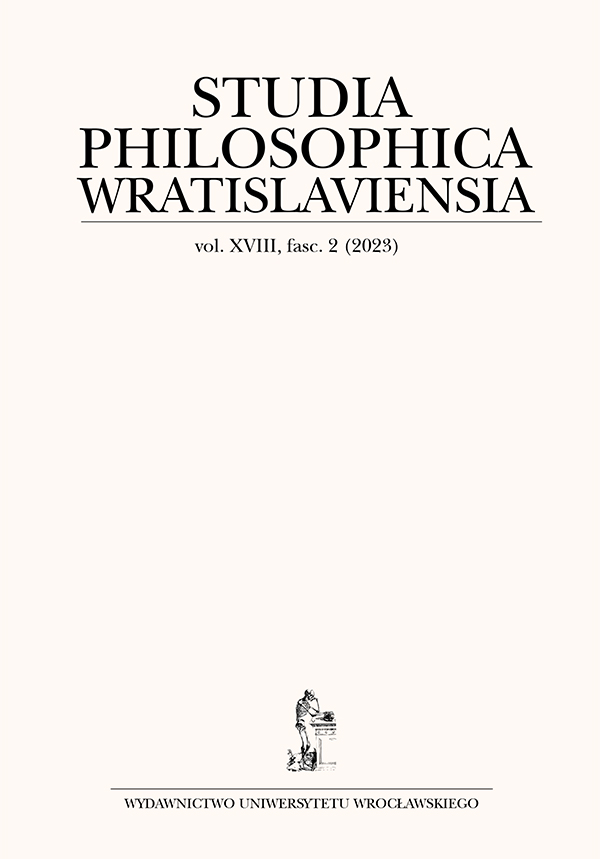

Artykuły

The 17th and 18th centuries were exceptionally important in Western philosophy for the problematization and formation of the modern concept of subjectivity. Conceptions of the subject formulated in that period drew both from the rational, Cartesian tradition, and from the irrational elements that preceded 19th-century Romanticism; they were also anchored in everyday praxis. The explorations of reality, and limitations of one’s ego exposed in the uncommon situation of travel or wandering, fi ll the writing (philosophical and otherwise) of the 18th century. Its proliferation laid the theoretical foundations for the eponymous “art of travelling,” and for conceptions of the subject which were opposed to radical rationalist ones. The attempts to defi ne human being as an “unfi nished project,” becoming itself in the experience of travelling, creating, and being created, rather than a finite and static res cogitans, support the vision of the subject known in contemporary philosophy.